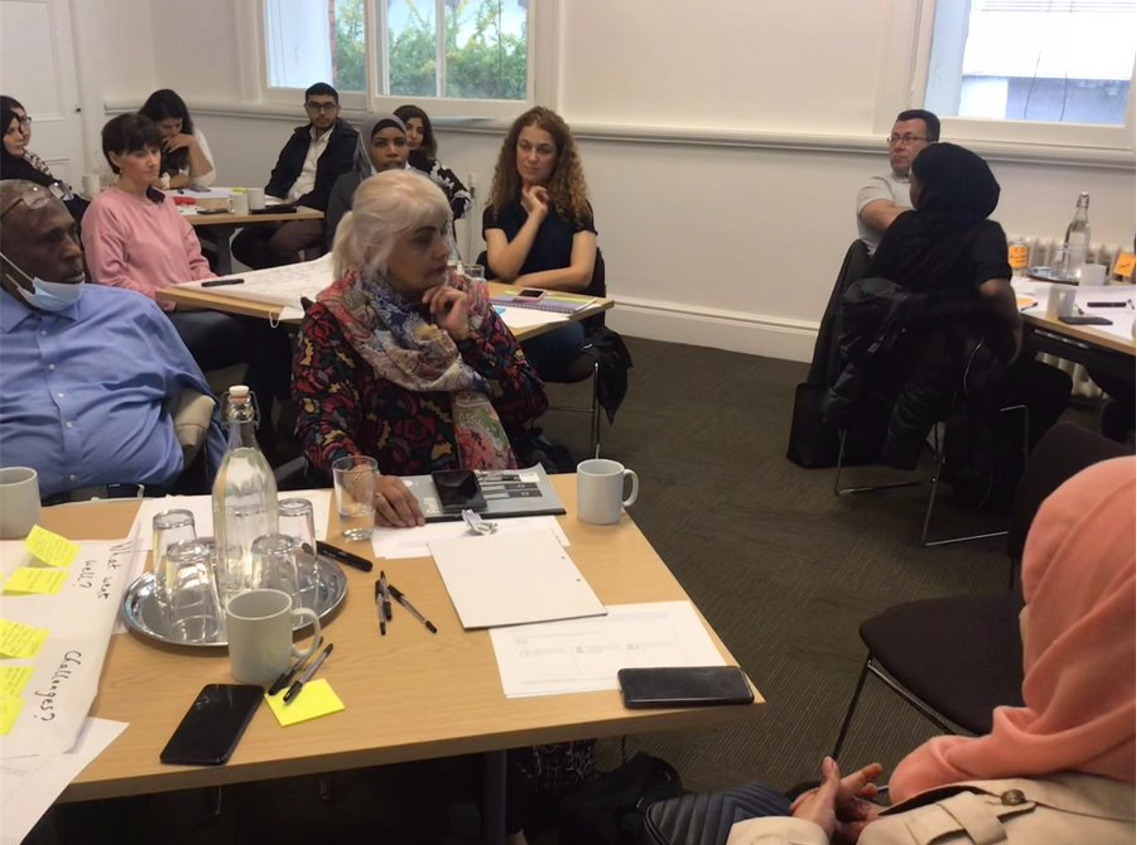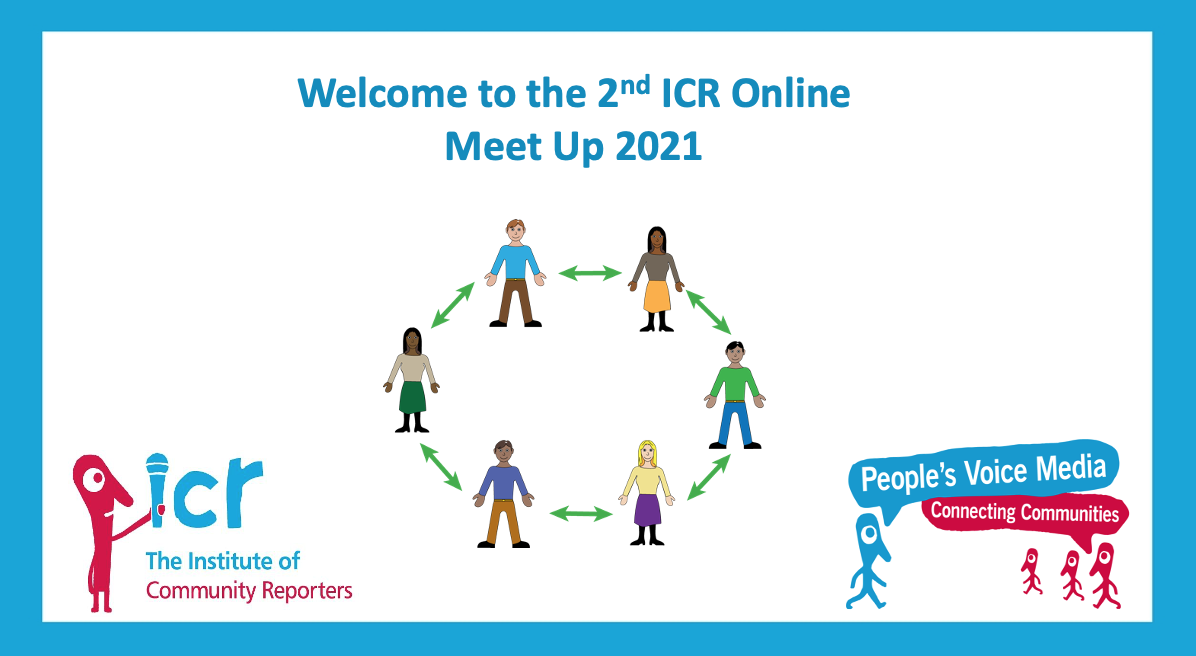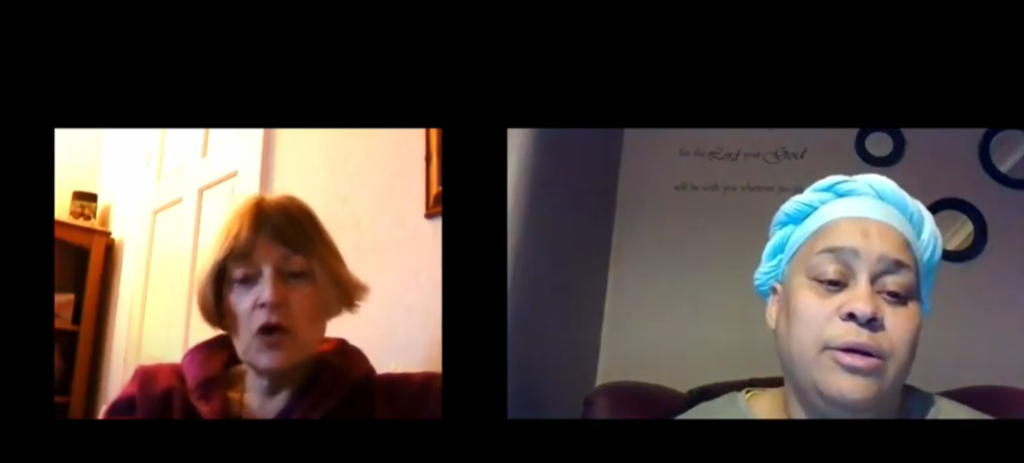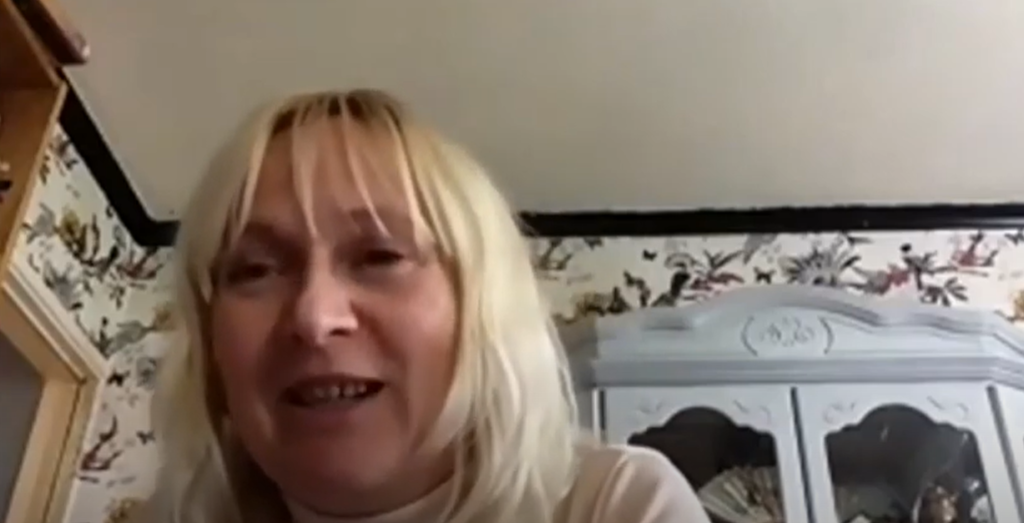HOW CAN THIRD SECTOR, NON-PROFIT ORGANISATIONS, AND NGO’S BUILD THEIR AUDIENCES MORE EFFECTIVELY?
This is the question posed by an Eramus + project called UNICORN that PVM are involved in.

Well, in truth most third sector and non-profit organisations are often too busy working on the ‘coal face’ to put the time into audience building. But we all know how important it is to cut through the overwhelming noise of social media and reach the intended audiences.
Effective audience development can help third sector organisations thrive rather than just survive. However, audience building is very time consuming and needs specific skills, methods, and tools to make it effective.
PVM are working alongside Crossing Borders, Denmark, Mine Vaganti NGO- Italy, VENSENYA – Germany,Comparative Research Network – Germany, and Change maker in Sweden to create a roadmap that third sector organisations can use to help implement and develop 4 specific areas.
- Audience design
- Storytelling and marketing (message building)
- Audience building
- Distribution.
The aim of UNICORN is to produce a roadmap that supports organisations to get to know, find and address audiences and their needs, and to build trust and grow a community.
It was refreshing to meet up in person in with all the partners at the end of November in the wonderful city of Copenhagen where Crossing Borders have an office. We were able to continue to co-create the roadmap and start to design training that will happen in Berlin at the end of Jan beginning of Feb 2022.

Crossing Borders gave us a warm welcome and it was great to be in their homely office in the centre of Copenhagen. Surrounded by some superb wall hangings by the artist Anne Hedvard from 1977, that have powerful messages that are unfortunately still so relevant today. And, to meet the team and hear about the exciting and crucial projects that they are currently working on.
Kath Peters – Unicorn PVM project manager



